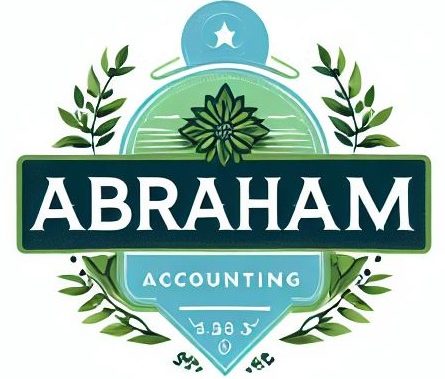The deadline for filing T2 return depends on the end of the corporation’s tax year.
According to the Canada Revenue Agency, corporations must file their return within six months of the end of each tax year. If the corporation’s tax year ends on the last day of a month, the return must be filed by the last day of the sixth month after the end of the tax year.
If the last day of the tax year is not the last day of a month, the return must be filed by the same day of the sixth month after the end of the tax year.
For example, if the tax year ends on March 31, the filing due date is September 30. If the tax year ends on August 31, the filing due date is February 28. If the tax year ends on September 23, the filing due date is March 23. If the filing due date falls on a Saturday, Sunday, or public holiday recognized by the CRA, the return is considered on time if the CRA receives it or if it is postmarked on or before the next business day.
Please note that filing the return on time is important to avoid penalties. You must file a return no later than three years after the end of a tax year to receive a tax refund1.
Here are some examples of the deadline for corporates:

So we can say it is six months after the tax year ends.
If a corporation tax year ends on 15th of March, then the deadline for this corporate to file its income tax return will be 15th of September.
What is the deadline for tax owing?
Generally, the tax owing deadline is two to three months after the tax year ends. So if a corporation has a tax year that ends at the end of March, then the income tax payment deadline is the end of May or June. (Generally, corporations need to pay taxes in instalments and in advance)
In a normal situation, the income tax payment deadline is three to four months earlier than the tax filing deadline.
It is better to check your tax owing and pay it before the deadline.
So what’s the conclusion?
In summary, corporations in Canada must be vigilant about filing their T2 returns on time, which is contingent on the end of their tax year. Adhering to the Canada Revenue Agency’s guidelines is crucial, as missing deadlines may result in penalties. Timely filing, typically within six months of the tax year-end, ensures eligibility for tax refunds (if any), with payment deadlines three to four months earlier. Additionally, corporations should be aware of potential installment payments.
Staying informed and settling tax owing well before the deadlines is recommended for a smooth and penalty-free tax process.



